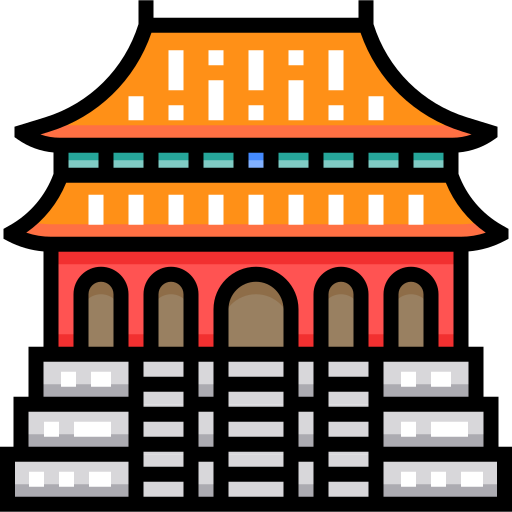Beijingwalker
Senior Member
- Jan 27, 2024
- 69,455
- 37
- Origin

- Residence

- Axis Group

Follow along with the video below to see how to install our site as a web app on your home screen.

Note: this_feature_currently_requires_accessing_site_using_safari
 The Americas' Affairs
The Americas' Affairs



















